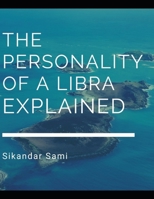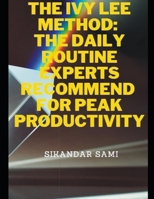English Short Stories: The Cat and the Ghost (CEFR Level C1+)
English Short Stories - stories for adult English learners
Two inseparable friends spend their evenings in the garden of an abandoned cottage on the outskirts of the city. One of the friends is a feeble but wise cat, and if that isn't odd enough, the other is a selfless, idealistic ghost. But that is only where the peculiarities begin.
In this edition of the English Short Stories series, the reader will come across a city in decay, a dire warning, mysterious lands and a child beyond her years, as they all form part of a story that poses questions about identity and perceptions in society. As you read this book, you will learn that it is not your 'typical' ghost story. Graded for CEFR Level C1 learners (Advanced) and above, The Cat and the Ghost is an excellent educational tool for both independent learning and classroom use.This book includes:
'The Cat and the Ghost' - a short story divided into several chapters; written for adult learners.'What do you think?' - comprehension and opinion-based questions at the end of each chapter. Here, the reader can check their understanding, make predictions and apply some of the chapter themes to their own life.'What do you know?' - vocabulary and grammar exercises at the end of each chapter. Graded at CEFR Level C1, the reader is tested on some of the key language from the chapter.'Your Turn' - a creative writing task at the end of the story. Creative writing is a great way to put what you have learnt into practice - but don't worry - as a reader you will be given a theme (relevant to the story) and prompts to help you on your wayReady to get started? Read, learn, THINK in English with English Short Stories
Format:Paperback
Language:English
ISBN:B087SLGKZ6
ISBN13:9798642195604
Release Date:May 2020
Publisher:Independently Published
Length:72 Pages
Weight:0.19 lbs.
Dimensions:0.1" x 5.3" x 8.0"
More by Sikandar Sami
Customer Reviews
0 customer rating | 0 review
There are currently no reviews. Be the first to review this work.






























